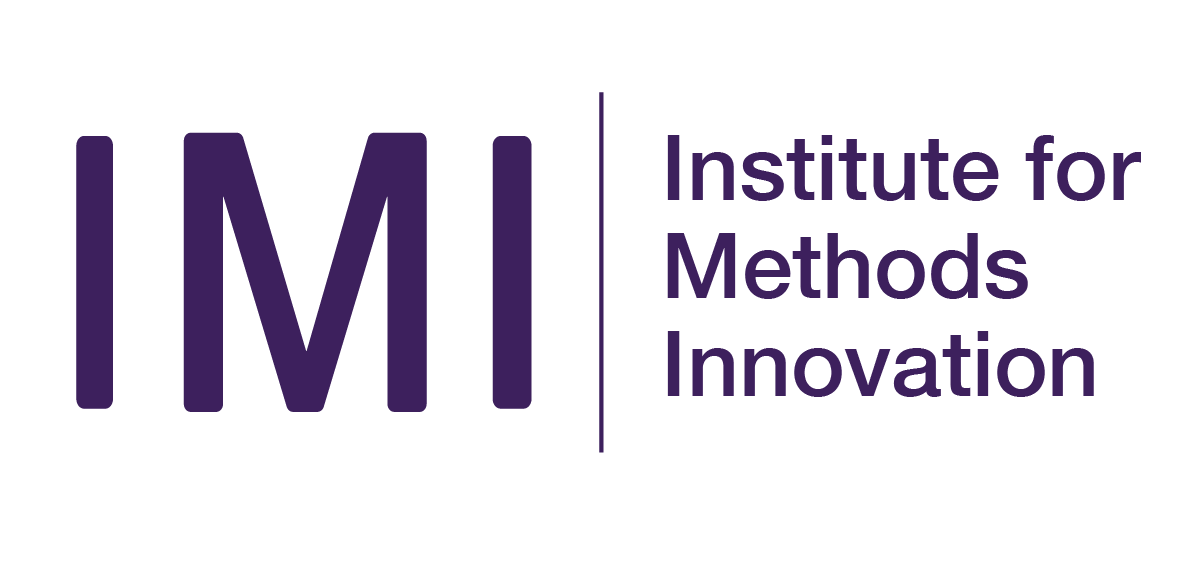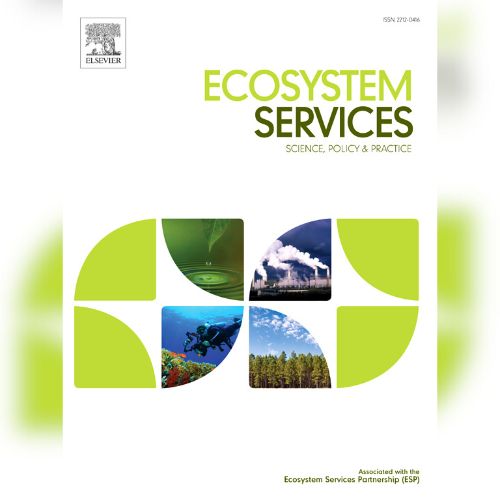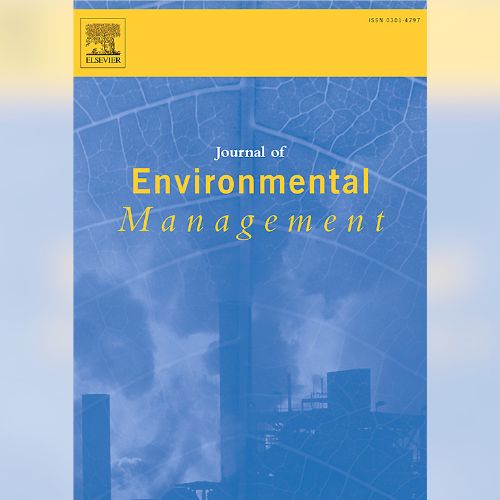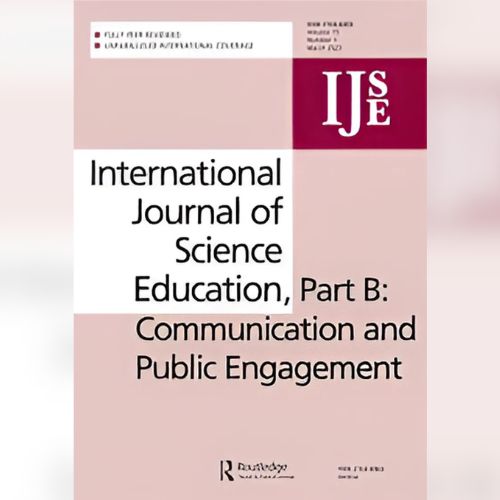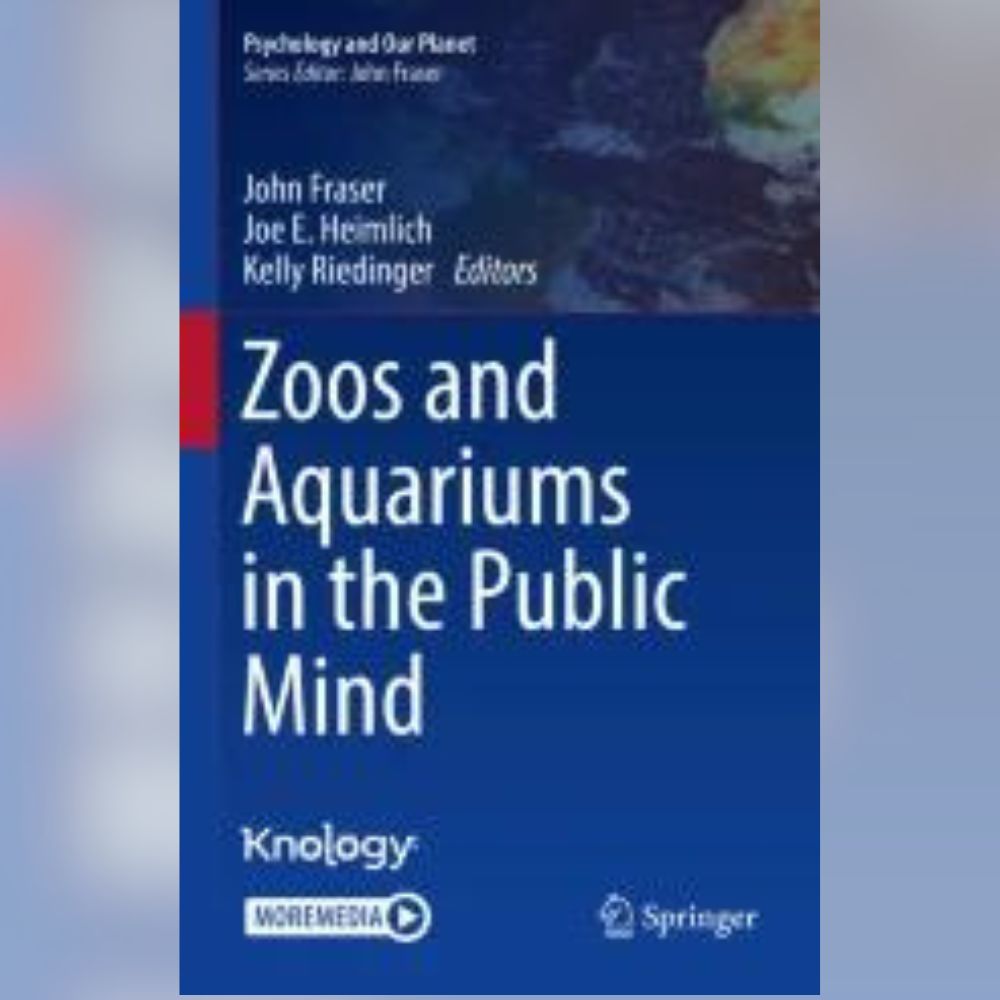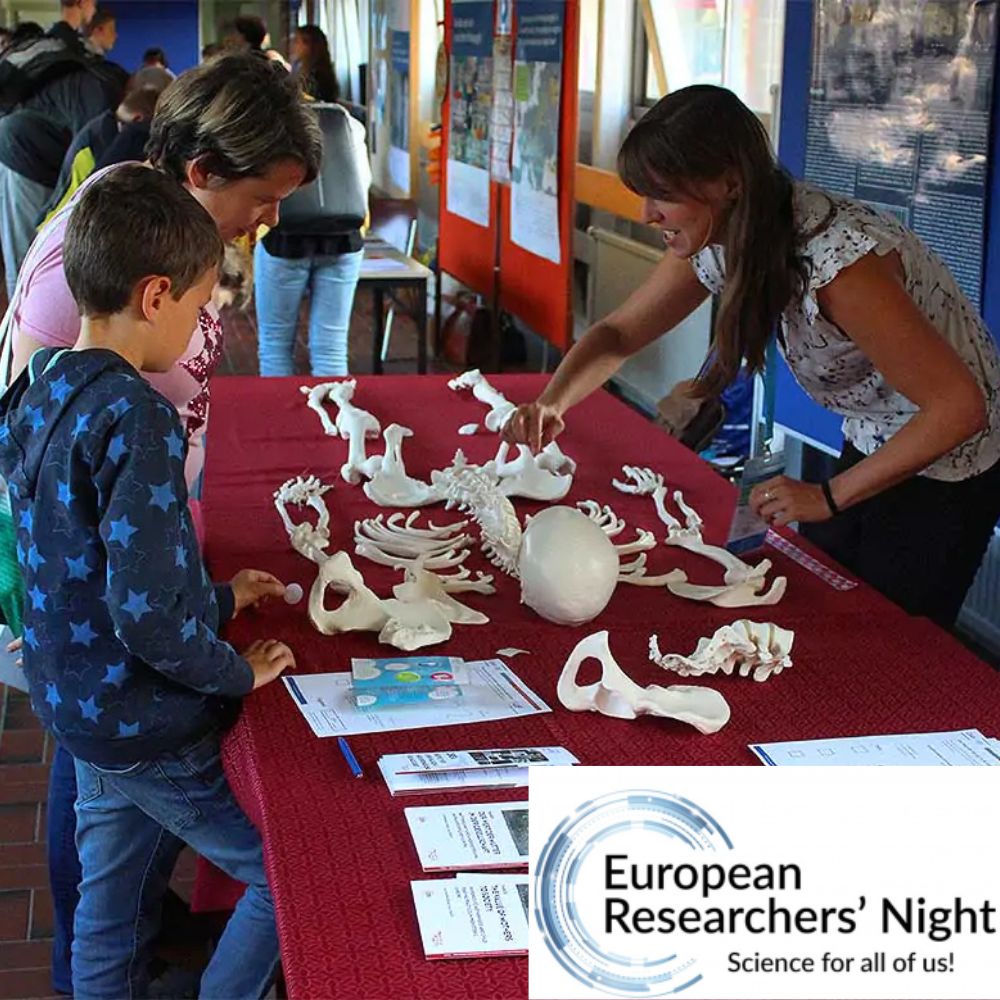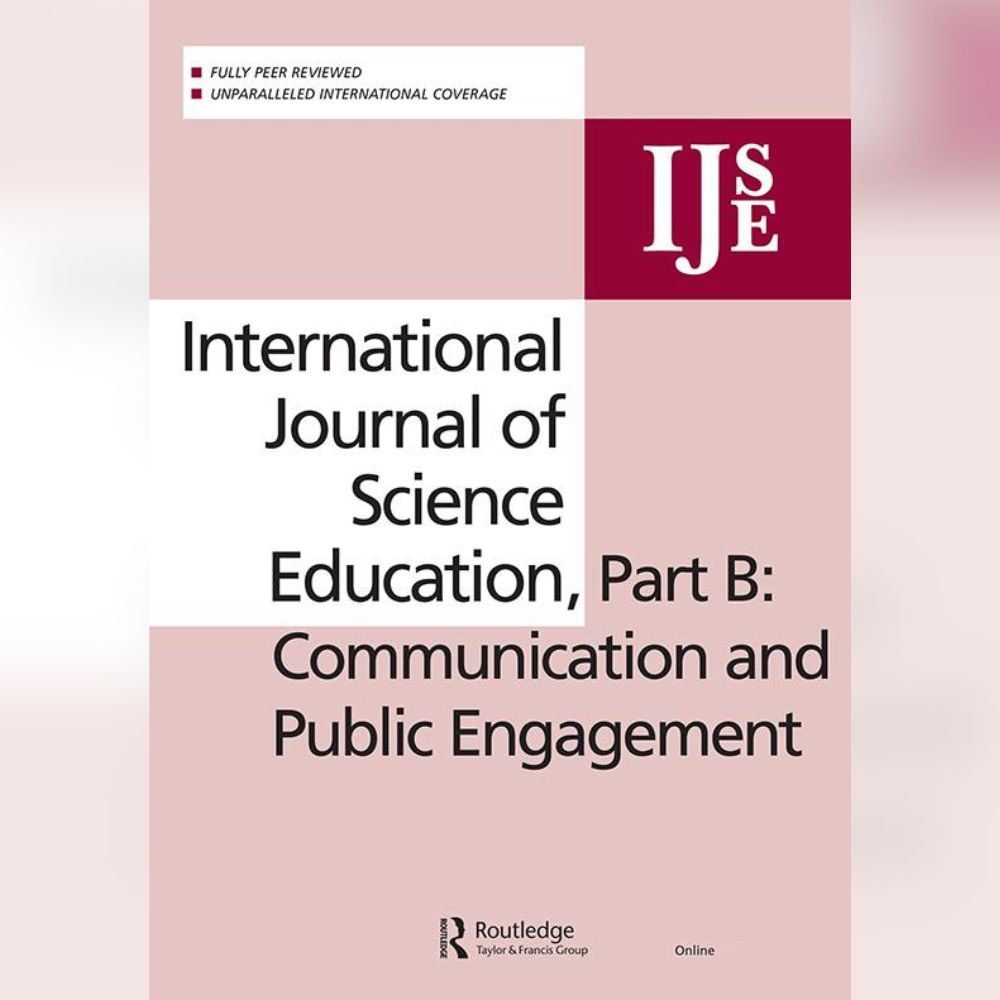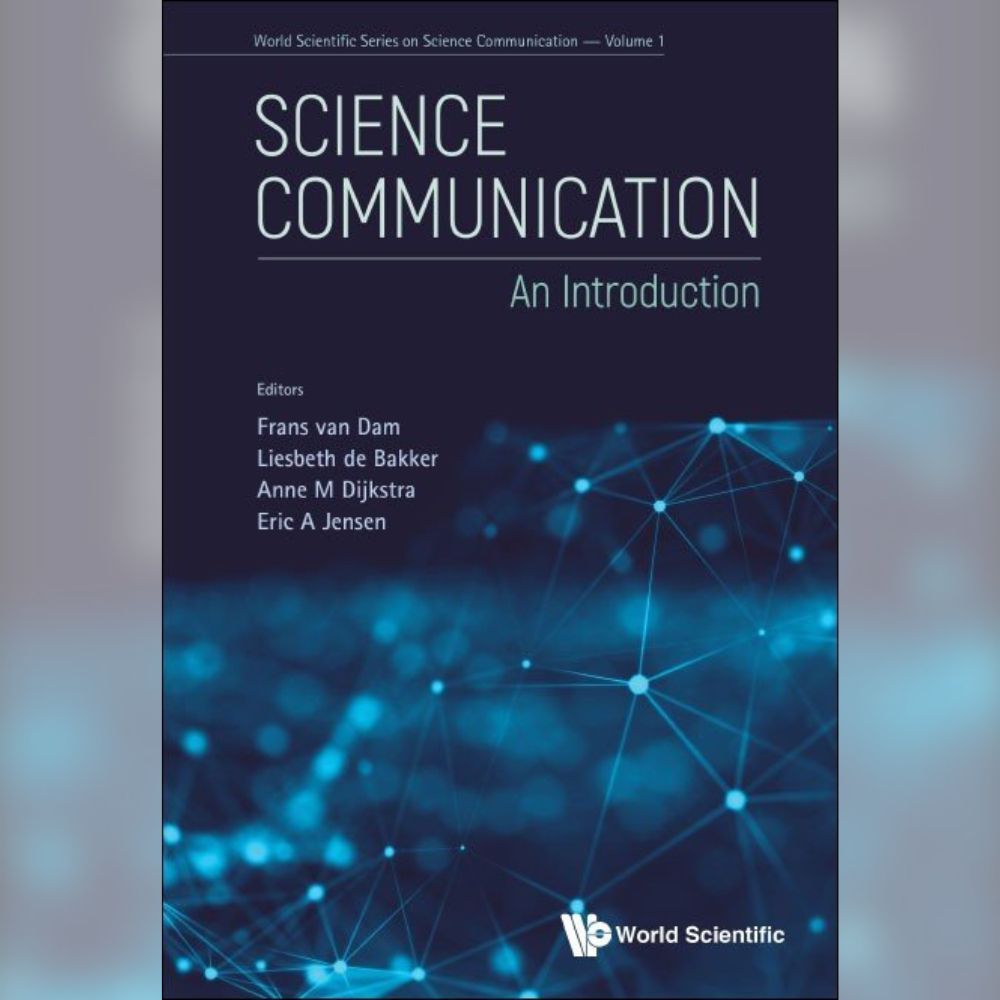Publications
All
Evaluation
Public engagement
Research impact
Research methods
Responsible research and innovation (RRI)
Science communication
Stakeholder analysis
Governing high-integrity markets for ecosystem services
Oct 2025
There is growing global interest in the potential for ecosystem markets to facilitate climate and nature recovery. Yet, poorly designed and operated markets are prone to corporate “greenwashing” and negative consequences for nature and local communities.
Analyzing who is relevant to engage in environmental decision-making processes by interests, influence and impact: The 3i framework
January 2025
Outcomes in participatory environmental processes are strongly affected by choices about who is engaged. Inclusive engagement diversifies the range of interests and perspectives represented, including those from vulnerable and marginalized groups, ultimately contributing to more socially and environmentally sustainable and equitable outcomes.
Transforming science narratives? The impact of explanatory labels of 3D data visualization on public understanding of space science
November 2024
This survey experiment evaluates the effectiveness of explanatory labels in enhancing learning outcomes and attitudes in a space science documentary featuring cinematic-style data visualizations.
Picture perfect science communication: How public audiences respond to informational labels in cinematic-style 3D data visualization
Oct 2024
Communicating science effectively is important. Effectively mobilizing practical techniques to achieve this goal can be challenging, however. One promising science communication approach that has gained increasing attention in recent years is cinematic-style 3D data visualizations (citations anonymized for the peer review process).
Evidence-based research impact praxis: Integrating scholarship and practice to ensure research benefits society
2023
Effective research impact development is essential to address global challenges. This commentary highlights key issues facing research impact development as a nascent professional field of practice. We argue that those working on research impact should take a strategic, ‘evidence-based’ approach to maximize potential research benefits and minimize potential harms.
Global indicators framework for socially responsible research and innovation (RRI): Aligning standards to monitor public and researcher perspectives with the UNESCO Recommendation on Science and Scientific Researchers
2023
As calls for more socially responsible research and innovation (RRI) policies and practices grow more insistent, the need for high quality indicators that can be used to evaluate progress is becoming increasingly important. Given the global nature of science, such indicators need to be relevant to countries across all world regions.
Why We (Still) Do Not Know the Educational Impact of Zoos and Aquariums: Assessing Current Evaluation Methods and Ways to Improve Them
2023
This book summarizes a range of psychological research into how zoos and aquariums operate in the minds of visitors and the broader public. Bringing together core findings from emerging international research, the book provides data-based summaries that situate the content in the larger context of how cultural institutions shape public understanding.
Social responsibility in research and innovation practice and policy across global regions, institutional types, and fields: Interview data and qualitative content analysis outputs revealing the perspectives and experiences of professionals
April 2023
The European Commission-funded RRING (Responsible Research and Innovation Networked Globally) Horizon 2020 project aimed to deliver activities that promoted a global understanding of Socially Responsible Research and Innovation (RRI).
Evaluating researcher and stakeholder perspectives on socially responsible research and innovation policies and practices in marine and maritime research performing organisations
July 2023
The European Commission-funded GRRIP (Grounding RRI Practices) project aims to embed sustainable Responsible Research and Innovation (RRI) practices in five research performing organisations (RPOs), focusing on the marine and maritime sector. The project’s goal is to achieve institutional and cultural change through a cycle of evaluation, evidence-based interventions and further evaluation.
Evidence-Based Methods of Communicating Science to the Public through Data Visualization.
April 2023
This essay presents a real-world demonstration of the evidence-based science communication process, showing how it can be used to create scientific data visualizations for public audiences. Visualizing research data can be an important science communication tool.
Why We (Still) Do Not Know the Educational Impact of Zoos and Aquariums: Assessing Current Evaluation Methods and Ways to Improve Them
2023
This book summarizes a range of psychological research into how zoos and aquariums operate in the minds of visitors and the broader public. Bringing together core findings from emerging international research, the book provides data-based summaries that situate the content in the larger context of how cultural institutions shape public understanding.
How does moving public engagement with research online change audience diversity? Comparing inclusion indicators for 2019 & 2020 European Researchers’ Night events.
March 2022
Taking place annually in more than 400 cities, European Researchers’ Night is a pan- European synchronized event that aims to bring researchers closer to the public. In this paper audience profiles are compared from events in 2019 and 2020. In 2019, face-to-face events reached an estimated 1.6 million attendees, while in 2020, events shifted online due to the COVID-19 pandemic and reached an estimated 2.3 million attendees.
Prospective sampling bias in COVID-19 recruitment methods: Experimental evidence from a national randomized survey testing recruitment materials
September 2022
In the context of the COVID-19 pandemic, social science research has required recruiting many prospective participants. Many researchers have explicitly taken advantage of widespread public interest in COVID-19 to advertise their studies. Leveraging this interest, however, risks creating unrepresentative samples due to differential interest in the topic.
Perceptions of the European Space Sector: Youth Engagement with Space Education Events
November 2021
Space education not only plays a key role in helping young people understand the natural world and their impact on the planet but is also vital in ensuring that future generations can make meaningful contributions to the space sector at all levels. Positive perceptions of the space sector can lead young people to take roles where they can contribute to new knowledge, develop new technologies, and tackle societal challenges.
Evaluating the effectiveness of live animal shows at delivering information to zoo audiences
Feb 2021
Live animal shows, which combine animal facts with trained behaviours, are commonly used to engage zoo visitors globally. However, such shows have been criticised for portraying a potentially unhelpful image of ‘performing animals’ and have raised issues of animal welfare ethics.
Analyzing who is relevant to engage in environmental decision-making processes by interests, influence and impact: The 3i framework
January 2025
Outcomes in participatory environmental processes are strongly affected by choices about who is engaged. Inclusive engagement diversifies the range of interests and perspectives represented, including those from vulnerable and marginalized groups, ultimately contributing to more socially and environmentally sustainable and equitable outcomes.
How does moving public engagement with research online change audience diversity? Comparing inclusion indicators for 2019 & 2020 European Researchers’ Night events.
March 2022
Taking place annually in more than 400 cities, European Researchers’ Night is a pan- European synchronized event that aims to bring researchers closer to the public. In this paper audience profiles are compared from events in 2019 and 2020. In 2019, face-to-face events reached an estimated 1.6 million attendees, while in 2020, events shifted online due to the COVID-19 pandemic and reached an estimated 2.3 million attendees.
Perceptions of the European Space Sector: Youth Engagement with Space Education Events
November 2021
Space education not only plays a key role in helping young people understand the natural world and their impact on the planet but is also vital in ensuring that future generations can make meaningful contributions to the space sector at all levels. Positive perceptions of the space sector can lead young people to take roles where they can contribute to new knowledge, develop new technologies, and tackle societal challenges.
Informal science education
March 2020
A concise, coherent and easily readable textbook about the field of science communication, connecting the practice of science communicators with theory. In the book, recent trends and shifts in the field resonate, such as the transition from telling about science to interacting with the public and the importance of science communication in health and environmental communication.
Governing high-integrity markets for ecosystem services
Oct 2025
There is growing global interest in the potential for ecosystem markets to facilitate climate and nature recovery. Yet, poorly designed and operated markets are prone to corporate “greenwashing” and negative consequences for nature and local communities.
Analyzing who is relevant to engage in environmental decision-making processes by interests, influence and impact: The 3i framework
January 2025
Outcomes in participatory environmental processes are strongly affected by choices about who is engaged. Inclusive engagement diversifies the range of interests and perspectives represented, including those from vulnerable and marginalized groups, ultimately contributing to more socially and environmentally sustainable and equitable outcomes.
Evidence-based research impact praxis: Integrating scholarship and practice to ensure research benefits society
2023
Effective research impact development is essential to address global challenges. This commentary highlights key issues facing research impact development as a nascent professional field of practice. We argue that those working on research impact should take a strategic, ‘evidence-based’ approach to maximize potential research benefits and minimize potential harms.
How research data delivers non-academic impacts: A secondary analysis of UK Research Excellence Framework impact case studies
March 2022
This study investigates how research data contributes to non-academic impacts using a secondary analysis of high-scoring impact case studies from the UK’s Research Excellence Framework (REF). A content analysis was conducted to identify patterns, linking research data and impact.
Investigating the link between research data and impact (Phase 1 and Phase 2 reports)
2019 and 2022
The Institute for Methods Innovation – a research charity registered in the United States and United Kingdom – was commissioned by the Australian Research Data Commons (ARDC) to investigate how research data contributes to non-academic impacts, drawing on existing impact case studies from the UK Research Excellence Framework.
Evidence-based research impact praxis: Integrating scholarship and practice to ensure research benefits society
2023
Effective research impact development is essential to address global challenges. This commentary highlights key issues facing research impact development as a nascent professional field of practice. We argue that those working on research impact should take a strategic, ‘evidence-based’ approach to maximize potential research benefits and minimize potential harms.
Why We (Still) Do Not Know the Educational Impact of Zoos and Aquariums: Assessing Current Evaluation Methods and Ways to Improve Them
2023
This book summarizes a range of psychological research into how zoos and aquariums operate in the minds of visitors and the broader public. Bringing together core findings from emerging international research, the book provides data-based summaries that situate the content in the larger context of how cultural institutions shape public understanding.
Prospective sampling bias in COVID-19 recruitment methods: Experimental evidence from a national randomized survey testing recruitment materials
September 2022
In the context of the COVID-19 pandemic, social science research has required recruiting many prospective participants. Many researchers have explicitly taken advantage of widespread public interest in COVID-19 to advertise their studies. Leveraging this interest, however, risks creating unrepresentative samples due to differential interest in the topic.
Developing and testing the GlobalSCAPE science communicator diary survey: Methodological pilot research findings to improve a repeated-measures survey design
Feb 2022
The GlobalSCAPE project is setting out to investigate the experiences, attitudes, skills, needs, challenges and professional development of science communicators around the world. This is being achieved with a diary survey, a style of survey designed to be repeated at a set interval several times.
Methodological considerations for survey-based research during emergencies and public health crises: Improving the quality of evidence & science communication
February 2022
The novel coronavirus (COVID-19) outbreak has resulted in a massive amount of global research on the social and human dimensions of the disease. Between academic researchers, governments, and polling firms, thousands of survey projects have been launched globally, tracking aspects like public opinion, social impacts, and drivers of disease transmission and mitigation.
Life Trajectories Through the COVID-19 Pandemic: A Repeated Measures Diary Survey Dataset From 2020-2021
May 2022
Many psychological, sociological and communication challenges have emerged or become attenuated during the COVID-19 pandemic. To understand these challenges, we need to gain an in-depth understanding of the role and perspective of individuals as they coped with this long-running global crisis.
Methodological Considerations for Survey-Based Research During Emergencies and Public Health Crises: Improving the Quality of Evidence and Communication
2022
The novel coronavirus (COVID-19) outbreak has resulted in a massive amount of global research on the social and human dimensions of the disease. Between academic researchers, governments, and polling firms, thousands of survey projects have been launched globally, tracking aspects like public opinion, social impacts, and drivers of disease transmission and mitigation.
Global indicators framework for socially responsible research and innovation (RRI): Aligning standards to monitor public and researcher perspectives with the UNESCO Recommendation on Science and Scientific Researchers
2023
As calls for more socially responsible research and innovation (RRI) policies and practices grow more insistent, the need for high quality indicators that can be used to evaluate progress is becoming increasingly important. Given the global nature of science, such indicators need to be relevant to countries across all world regions.
Social responsibility in research and innovation practice and policy across global regions, institutional types, and fields: Interview data and qualitative content analysis outputs revealing the perspectives and experiences of professionals
April 2023
The European Commission-funded RRING (Responsible Research and Innovation Networked Globally) Horizon 2020 project aimed to deliver activities that promoted a global understanding of Socially Responsible Research and Innovation (RRI).
Evaluating researcher and stakeholder perspectives on socially responsible research and innovation policies and practices in marine and maritime research performing organisations
July 2023
The European Commission-funded GRRIP (Grounding RRI Practices) project aims to embed sustainable Responsible Research and Innovation (RRI) practices in five research performing organisations (RPOs), focusing on the marine and maritime sector. The project’s goal is to achieve institutional and cultural change through a cycle of evaluation, evidence-based interventions and further evaluation.
Transforming science narratives? The impact of explanatory labels of 3D data visualization on public understanding of space science
November 2024
This survey experiment evaluates the effectiveness of explanatory labels in enhancing learning outcomes and attitudes in a space science documentary featuring cinematic-style data visualizations.
Picture perfect science communication: How public audiences respond to informational labels in cinematic-style 3D data visualization
Oct 2024
Communicating science effectively is important. Effectively mobilizing practical techniques to achieve this goal can be challenging, however. One promising science communication approach that has gained increasing attention in recent years is cinematic-style 3D data visualizations (citations anonymized for the peer review process).
Evidence-Based Methods of Communicating Science to the Public through Data Visualization.
April 2023
This essay presents a real-world demonstration of the evidence-based science communication process, showing how it can be used to create scientific data visualizations for public audiences. Visualizing research data can be an important science communication tool.
Developing and testing the GlobalSCAPE science communicator diary survey: Methodological pilot research findings to improve a repeated-measures survey design
Feb 2022
The GlobalSCAPE project is setting out to investigate the experiences, attitudes, skills, needs, challenges and professional development of science communicators around the world. This is being achieved with a diary survey, a style of survey designed to be repeated at a set interval several times.
Methodological considerations for survey-based research during emergencies and public health crises: Improving the quality of evidence & science communication
February 2022
The novel coronavirus (COVID-19) outbreak has resulted in a massive amount of global research on the social and human dimensions of the disease. Between academic researchers, governments, and polling firms, thousands of survey projects have been launched globally, tracking aspects like public opinion, social impacts, and drivers of disease transmission and mitigation.
Life Trajectories Through the COVID-19 Pandemic: A Repeated Measures Diary Survey Dataset From 2020-2021
May 2022
Many psychological, sociological and communication challenges have emerged or become attenuated during the COVID-19 pandemic. To understand these challenges, we need to gain an in-depth understanding of the role and perspective of individuals as they coped with this long-running global crisis.
Methodological Considerations for Survey-Based Research During Emergencies and Public Health Crises: Improving the Quality of Evidence and Communication
2022
The novel coronavirus (COVID-19) outbreak has resulted in a massive amount of global research on the social and human dimensions of the disease. Between academic researchers, governments, and polling firms, thousands of survey projects have been launched globally, tracking aspects like public opinion, social impacts, and drivers of disease transmission and mitigation.
A place for space: The shift to online space education during a global pandemic
July 2021
The COVID-19 global pandemic has transformed the relationship between science and society. The ensuing public health crisis has placed aspects of this relationship in harsh relief; perceptions of scientific credibility, risk, uncertainty, and democracy are all publicly debated in ways unforeseen before the pandemic.
Evaluating the effectiveness of live animal shows at delivering information to zoo audiences
Feb 2021
Live animal shows, which combine animal facts with trained behaviours, are commonly used to engage zoo visitors globally. However, such shows have been criticised for portraying a potentially unhelpful image of ‘performing animals’ and have raised issues of animal welfare ethics.
A Repeated Measures Dataset on Public Responses to the COVID-19 Pandemic: Social Norms, Attitudes, Behaviors, Conspiracy Thinking, and (Mis)Information
2021
The COVID-19 pandemic has highlighted social and cultural issues relevant to public health and the fundamental relationship between science and society. The pandemic has necessitated decision-making for individuals that can have life-or-death consequences. An understanding of these micro-level decisions can have social and ethical implications.
Analyzing who is relevant to engage in environmental decision-making processes by interests, influence and impact: The 3i framework
January 2025
Outcomes in participatory environmental processes are strongly affected by choices about who is engaged. Inclusive engagement diversifies the range of interests and perspectives represented, including those from vulnerable and marginalized groups, ultimately contributing to more socially and environmentally sustainable and equitable outcomes.
Evaluating researcher and stakeholder perspectives on socially responsible research and innovation policies and practices in marine and maritime research performing organisations
July 2023
The European Commission-funded GRRIP (Grounding RRI Practices) project aims to embed sustainable Responsible Research and Innovation (RRI) practices in five research performing organisations (RPOs), focusing on the marine and maritime sector. The project’s goal is to achieve institutional and cultural change through a cycle of evaluation, evidence-based interventions and further evaluation.
Research | Evaluation | Engagement | Training
Ireland | United States of America | Estonia
methodsinnovation.org is owned and operated by The Institute for Methods Innovation, which is a registered US non-profit, tax-exempt corporation under 501 (c)(3) of the Internal Revenue Code. The Institute for Methods Innovation is also a registered non-profit in Ireland and Estonia.
© Institute for Methods Innovation 2017-2025. All rights reserved.
